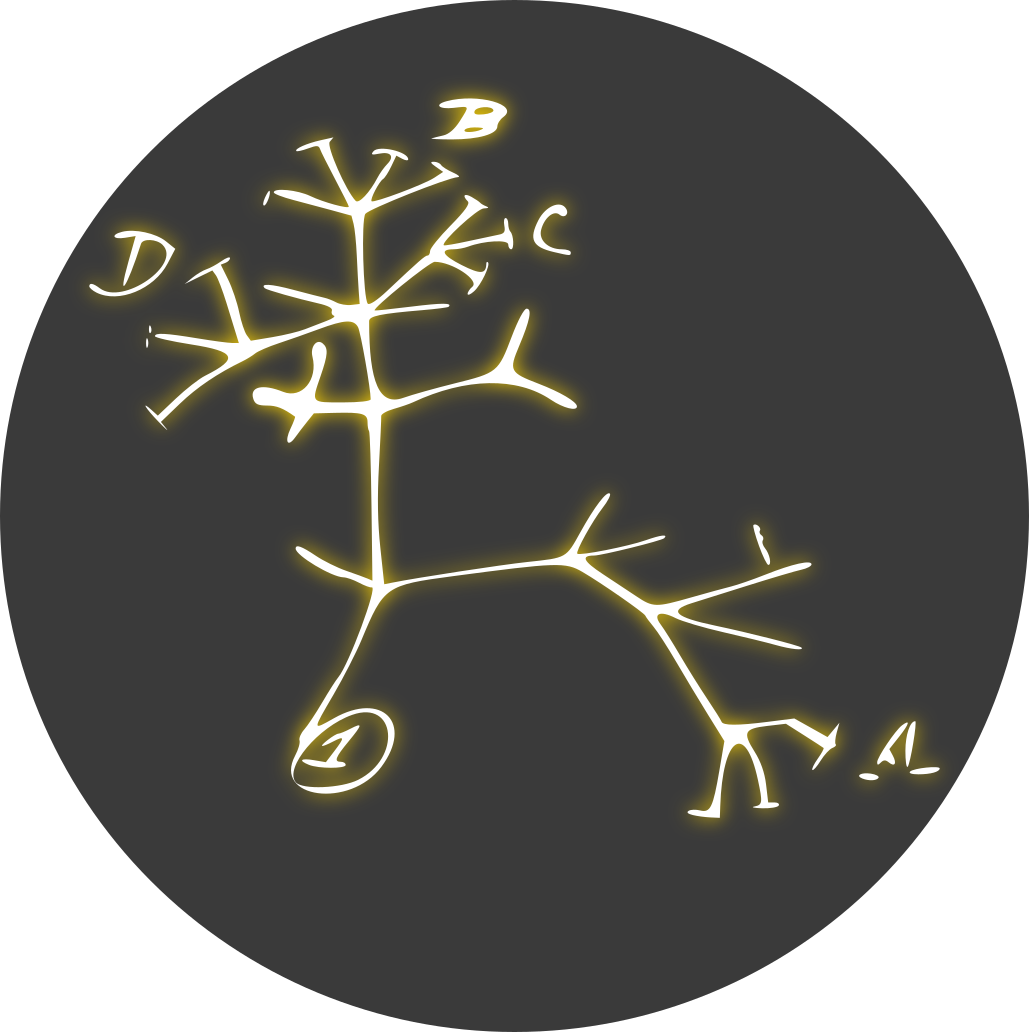

Temporary hacks for broken stuff. If you’re poor, you need those hacks to get anything working, since things never break when you have the money to replace them. And as anything else it’s a skill you improve by doing, so…
(Warning: nothing lasts longer than a temporary hack.)


























Se for algum arquivo que pretendo manter sem editar, deixo por um mês. Caso contrário, 120h de upload.